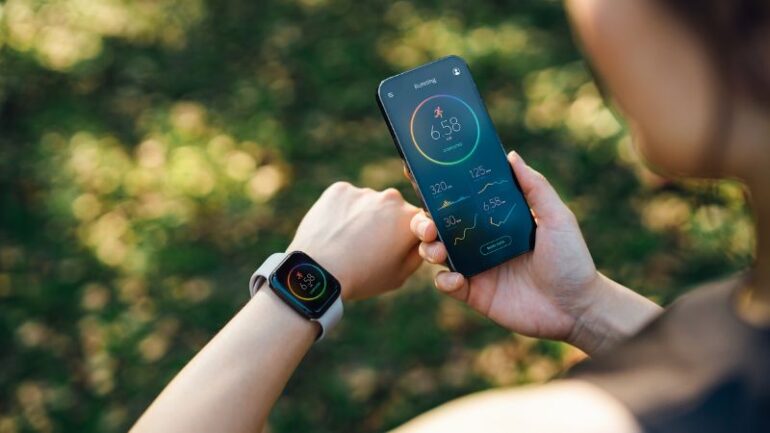Fit bits and Apple watches are all the rage, with almost every person at your local gym sporting some kind of fitness tracker – but how accurate are they really?
A recent study by a group of Canadian scientists tested the accuracy of wrist-worn fitness trackers in six adult participants including six men and six women. The group were asked to participate in a number of different exercises while wearing three watches and a number of other of pieces of tech.
The activities included resistance training, walking and running on a treadmill, ten minutes of sitting on a chair and five minutes rest. The results showed Apple watches showed the most accurate measurements of heart rate with less than a five percent error while all three of the watches showed a substantial error in their measurement of energy expenditure.
Even though we can’t fully rely on our watches for unfailing accuracy, can fitness trackers inspire us to become more active?
Well, studies were also done to determine whether these fitness trackers can encourage people to become more active. In a trial involving 7,454 healthy adults, fitness trackers were found to have little to moderate effect on a person’s physical activity.
In the latest episode of Huh? Science Explained, we find out how effective fitness trackers really are and whether gamification of physical activity can help to get us up off the couch.
Tune into the full episoide below…
Huh? Science Explained is here, the twice-weekly podcast brought to you byLiSTNRand Cosmos.
